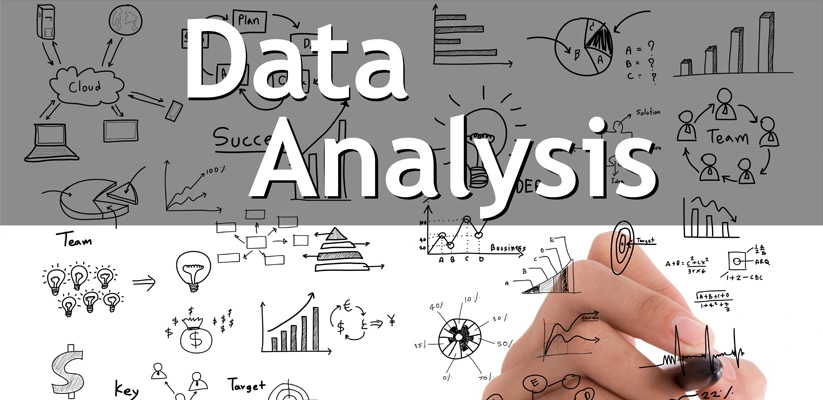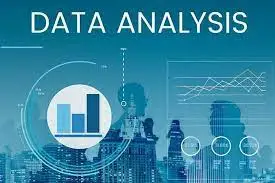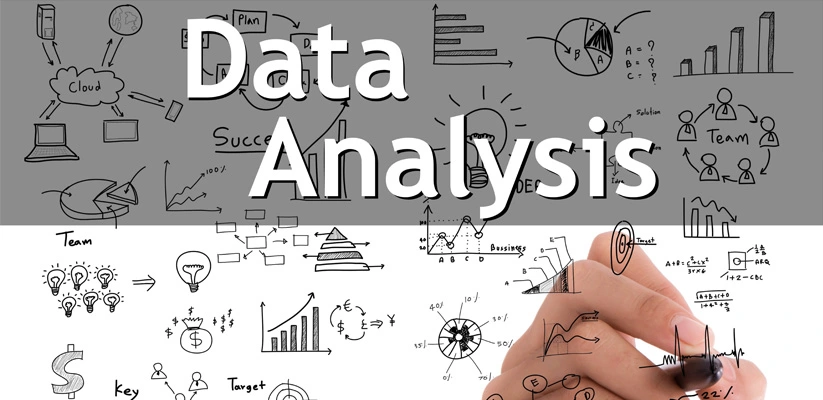Data Analysis Course: Introduction
In today’s data-driven world, the ability to analyze and interpret data has become an invaluable skill. Data analysts play a crucial role in extracting insights from vast datasets, helping businesses make informed decisions and stay competitive. If you’re looking for a rewarding and future-proof career, data analysis might be the perfect choice for you.

What is Data Analysis?
Data analysis involves collecting, cleaning, transforming, and modeling data to discover patterns, trends, and relationships. Data analysts use various tools and techniques, such as statistical analysis, data mining, and visualization, to extract meaningful information from raw data.
Why Choose a Career in Data Analysis?
- High Demand: The demand for skilled data analysts is rapidly increasing across industries, from technology and finance to healthcare and marketing. This means ample job opportunities and a promising future.
- Competitive Salary: Data analysts often enjoy competitive salaries and benefits, especially those with advanced skills and experience.
- Intellectual Stimulation: Data analysis is a challenging and intellectually stimulating field. You’ll be constantly learning new techniques and solving complex problems.
- Impactful Work: Data analysts have the opportunity to make a significant impact on businesses and society by providing valuable insights that drive decision-making.
- Diverse Career Paths: A career in data analysis can lead to various roles, such as data scientist, business analyst, data engineer, or even consulting.
Skills Required for Data Analysis
To succeed in a data analysis career, you’ll need a combination of technical and soft skills. Some essential skills include:
- Statistical Knowledge: Understanding statistical concepts and methods is crucial for analyzing data effectively.
- Programming Skills: Proficiency in programming languages like Python or R is essential for data manipulation and analysis.
- Data Visualization: The ability to create clear and informative visualizations helps communicate findings effectively.
- Problem-solving: Strong problem-solving skills are necessary to tackle complex data challenges.
- Communication: Effective communication skills are essential for presenting findings to stakeholders and collaborating with team members.
Education and Training
While a degree in a quantitative field like statistics, mathematics, or computer science can be helpful, many data analysts have backgrounds in other disciplines. Online courses, bootcamps, and certifications can provide the necessary skills and training.

Conclusion
Data analysis course offers a rewarding and promising career path for individuals who enjoy working with data and solving problems. With the increasing demand for data-driven insights, there are ample opportunities for growth and advancement in this field. If you’re interested in a career that combines technical skills and intellectual challenge, data analysis may be the perfect fit for you.


